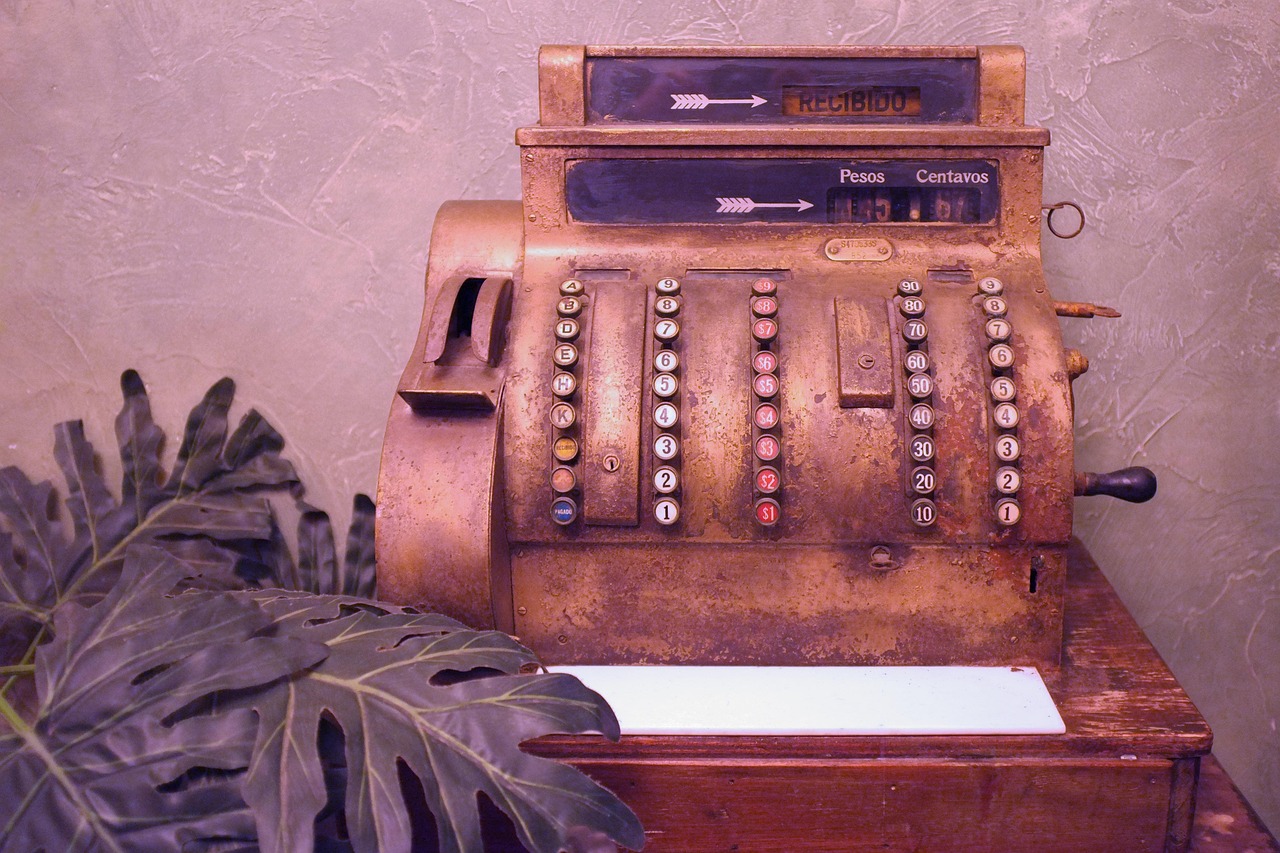When you’re building a business, your financial system should make things clearer—not more confusing. One of the first key decisions you’ll face when setting up your books is how to track income and expenses. That comes down to choosing between cash accounting and accrual accounting.
Understanding the difference can help you make smarter financial decisions, stay compliant, and avoid surprises—especially around tax time.
Let’s break it down in simple terms.
🔹 What Is Cash Accounting?
Cash accounting recognizes revenue when money is received and expenses when money is paid out. In other words, you only record transactions when cash actually moves.
➕ Pros of Cash Accounting:
- Simple and straightforward — Easy to manage and understand
- Real-time cash view — You always know how much money you have
- Ideal for smaller service-based businesses with low complexity
➖ Cons of Cash Accounting:
- Doesn’t show money you’re owed (accounts receivable)
- Can give an inaccurate view of profitability if income and expenses don’t line up in the same period
- Less helpful for long-term planning
📌 Example:
If you invoice a client in December but don’t get paid until January, the income is recorded in January—when the cash hits your account.
🔹 What Is Accrual Accounting?
Accrual accounting recognizes revenue when it’s earned and expenses when they’re incurred, regardless of when money is actually received or paid.
This method offers a more accurate picture of how your business is performing—especially over time.
➕ Pros of Accrual Accounting:
- Matches income and expenses to the correct period
- Provides a truer view of profitability
- Better suited for growing businesses, or those with inventory, invoicing, or long-term projects
- Often required if your business makes over $25M/year or follows GAAP
➖ Cons of Accrual Accounting:
- More complex—requires additional bookkeeping
- Doesn’t show your actual cash position without separate tracking
- May require help from a professional to manage properly
📌 Example:
If you complete a service in December and invoice your client, that income is recorded in December, even if they pay you in January.
🧠 So… Which One Should You Use?
💼 Go With Cash Accounting If:
- You’re a solopreneur or small service-based business
- You want a simple setup and easy tax reporting
- You mostly get paid immediately and don’t track receivables
📈 Choose Accrual Accounting If:
- You invoice clients, carry inventory, or have contractors
- You need a more accurate long-term financial picture
- You’re planning to scale your business or apply for funding
🧱 My Take as a Bookkeeper
Most small businesses start with cash accounting because it’s simple and aligns with how money moves in real life. But as your business grows—and especially as you layer on things like quarterly tax planning, budgeting, and cash flow forecasting (👋 hello, Power 5!)—accrual may give you more clarity and control.
If you’re not sure which method fits your business, or you’re thinking of switching, it’s smart to have a conversation first.
✅ Need Help Deciding?
At MackBooks, I help small business owners like you choose the right financial structure from the start—or switch when the time is right. Whether you’re cash-based, accrual-based, or not sure what any of this means, I’ve got you.
Let’s simplify your finances and set you up for smarter decisions all year long.
📩 Book a free strategy call → https://aumackbookkeeping.com/contact-2/



